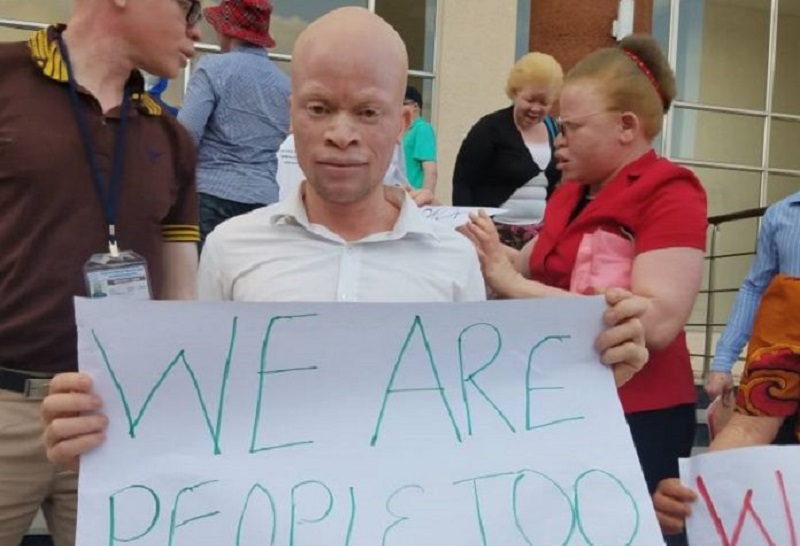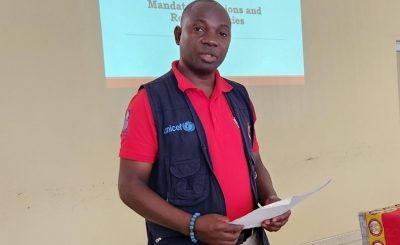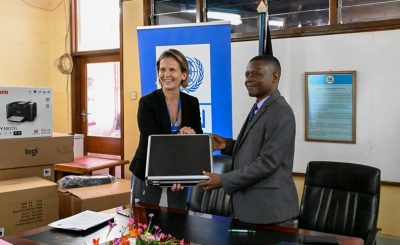By Felicia Ngomano
Catholic Commission for Justice and Peace (CCJP) has expressed worry that security for persons with albinism remains a huge challenge in the country.
A statement jointly signed by national coordinator Boniface Chibwana and coordinators from all the eight dioceses of the Catholic church, said of late, there has been a resurgence of the attacks, abductions and killings citing the recent gruesome killing of a three-year-old girl in Kasungu on November 30, 2022.
The statement said despite the adoption of the National Action Plan on Persons with Albinism by the Malawi Government in 2018, there is much more to be done to arrest the resurgence of the vice.
Reads part of the statement: “The continuous occurrence of these human rights violations points to some deficiencies in the existing interventions that are put up by various stakeholders, therefore, this means that well-thought strategic interventions in spheres of security, protection and access to justice ought to be properly and adequately devised and financed for lasting a solution to the problem.
“CCJP appreciates the adoption of National Action Plan on Persons with Albinism by the Malawi Government in 2018, however, there is much more to be done to arrest the resurgence of the attacks, abductions and killings of persons with albinism.”
CCJP has observed that coordination and collaboration in the implementation of interventions under the National Action Plan is critically problematic at the community, district and national levels.
“Besides funding for the National Action Plan being very low, the allocated funds have not been devolved to the local councils thereby adversely affecting the implementation of interventions by the local governments to fully protect and promote rights of persons with albinism in Malawi.
“Community protection through local security structures, like Community Policing Forums (CPFs), has also been a challenge due to poor resourcing and equipment,” reads the statement.
The human rights violations against persons with albinism in the country are a well-documented phenomenon since Malawi started officially recording cases of attacks, abductions and killings of this vulnerable group around 2013/2014.





